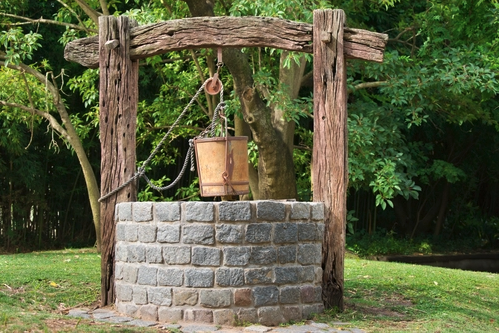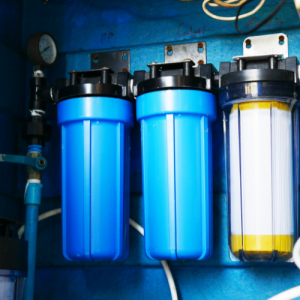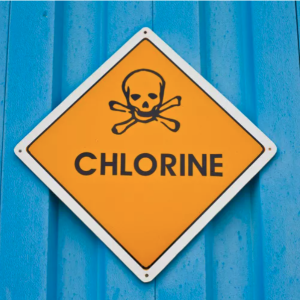
Some homeowners with private wells know that they have high levels of sulfur in their water. The most noticeable sign of sulfur in well water is the offensive smell. Sulfur often causes a rotten egg smell that is unmistakable the moment that you turn on the tap. Other times it’s intermittent or even seasonal.
Sulfur in water can make it unpleasant to do anything; from taking a shower to washing the dishes, but is sulfur water actually dangerous? If so, what can be done about it? Our team of experts at Lehigh Valley Water Systems have the facts and solutions.
What Is Sulfur?
Sulfur and sulfates occur naturally in the environment in the soil and rocks. Eventually, these sulfates dissolve and enter the groundwater supply, which means that it often also gets into the well water and municipal water supplies. Sulfates do not produce gas and are odorless. In contrast, hydrogen sulfide gas does provide the odor that you recognize as rotten eggs. It also occurs naturally for a variety of reasons, including bacteria and rotting plant matter. In some cases, hydrogen sulfide can also arise from water heaters that have magnesium rods and wells that were drilled in shale. While there are multiple different causes of sulfur water, there’s a good chance that you want to fix it.
Is Sulfur Water Hazardous?
One of the biggest concerns that homeowners have about sulfur water is whether or not it is hazardous to their health. There is no one answer to the question of whether or not sulfur in your water can make you sick. The biggest factor is the amount of sulfur that is present. If the level is too high, you might feel sick to your stomach or have stomach pain after drinking it. One of the biggest “hazards” of water that has sulfur present is that you are more likely to drink less water because of the off-putting smell. People can detect very small amounts of sulfur in the water from the smell or taste, which can decrease their water consumption and lead to many negative health effects




